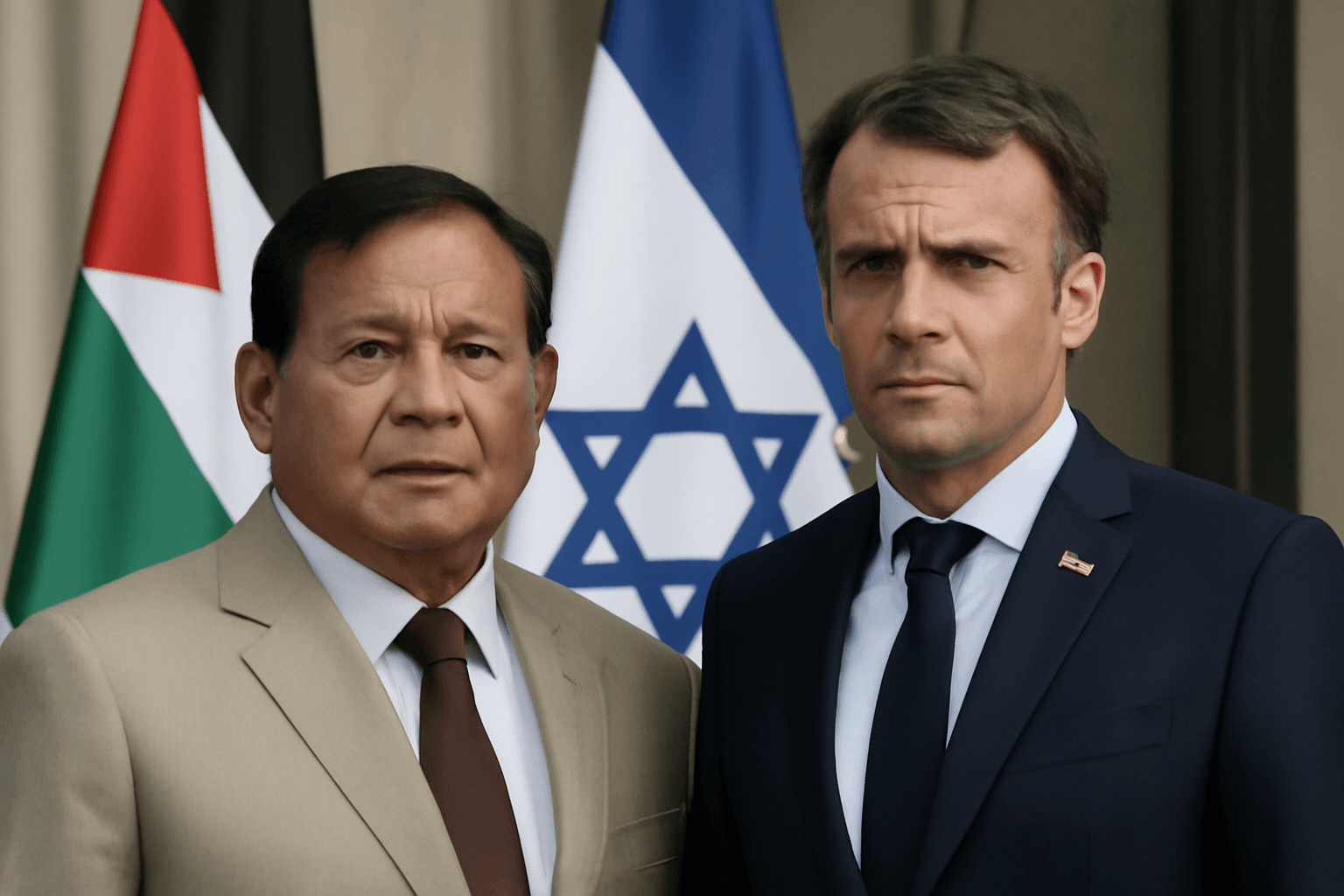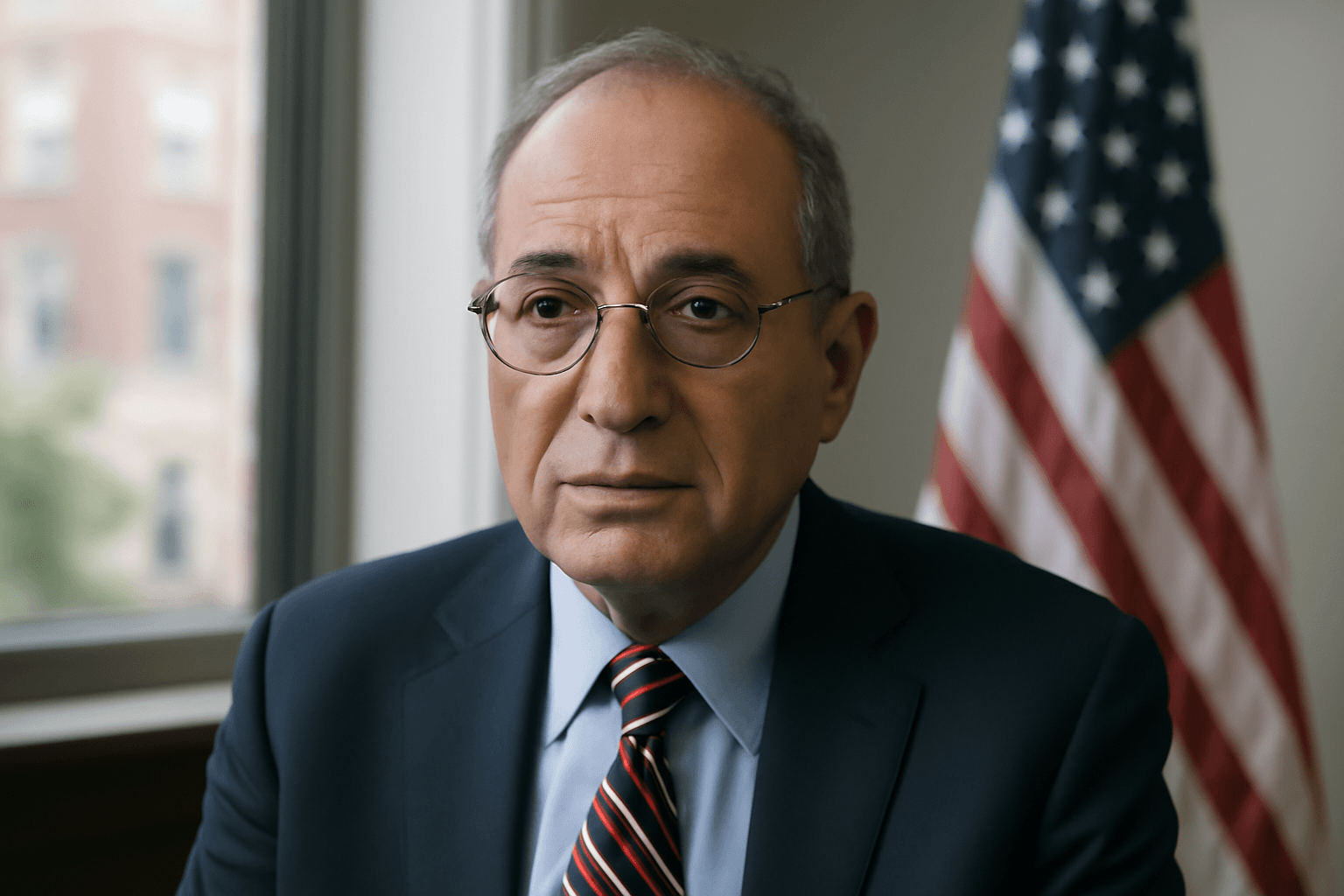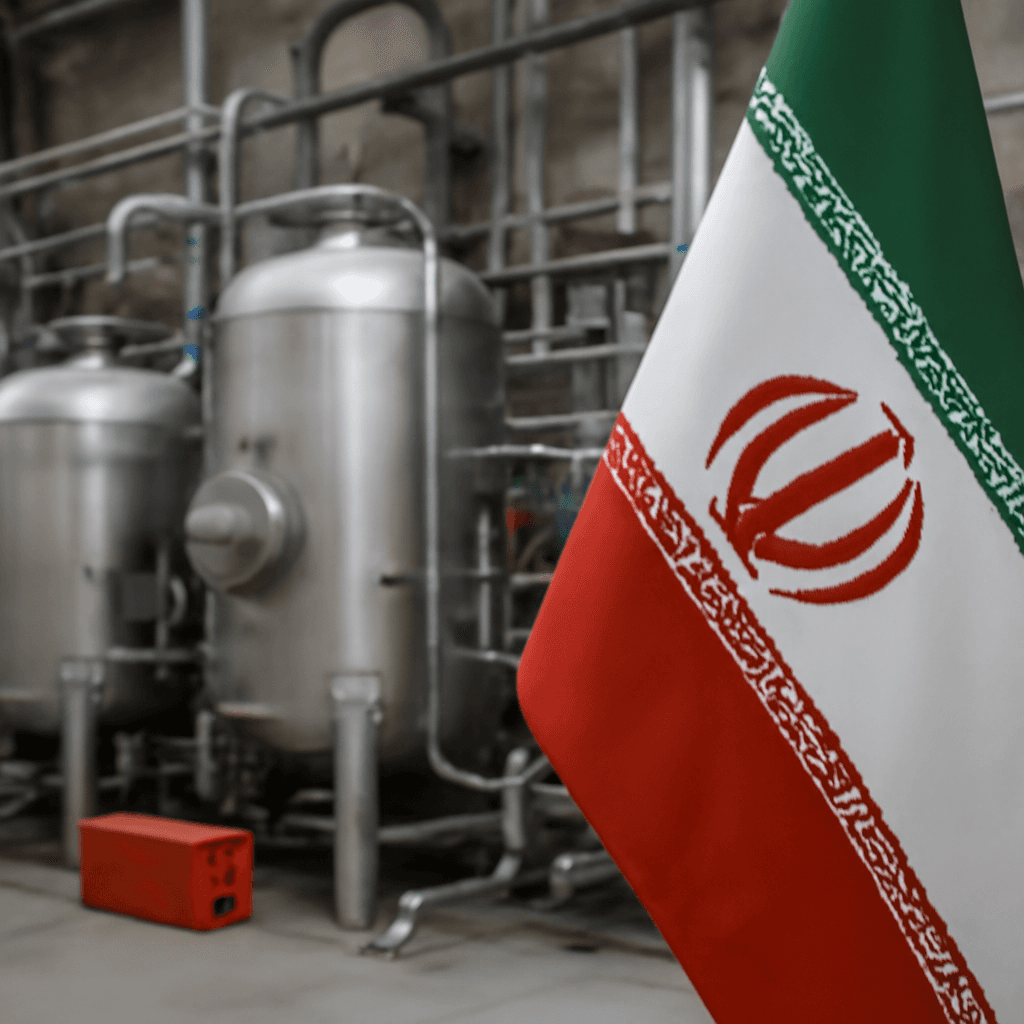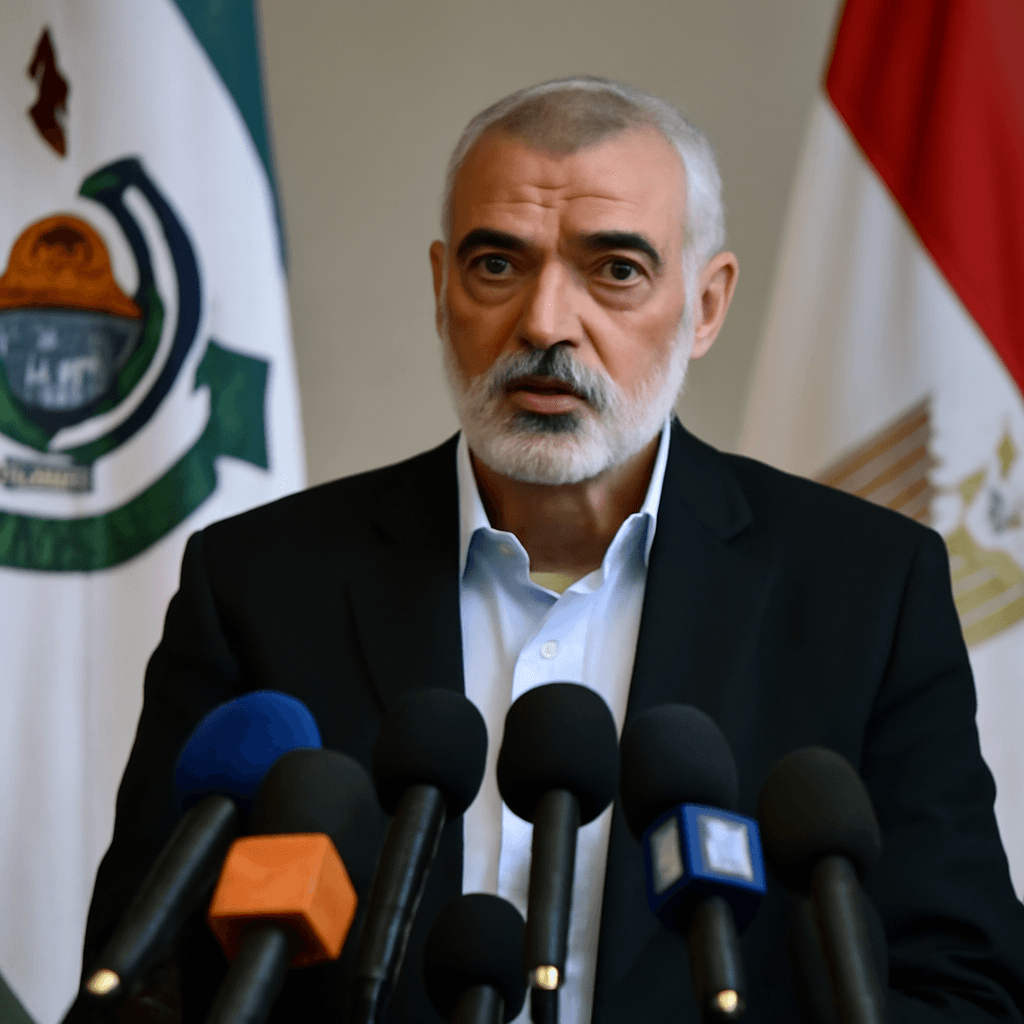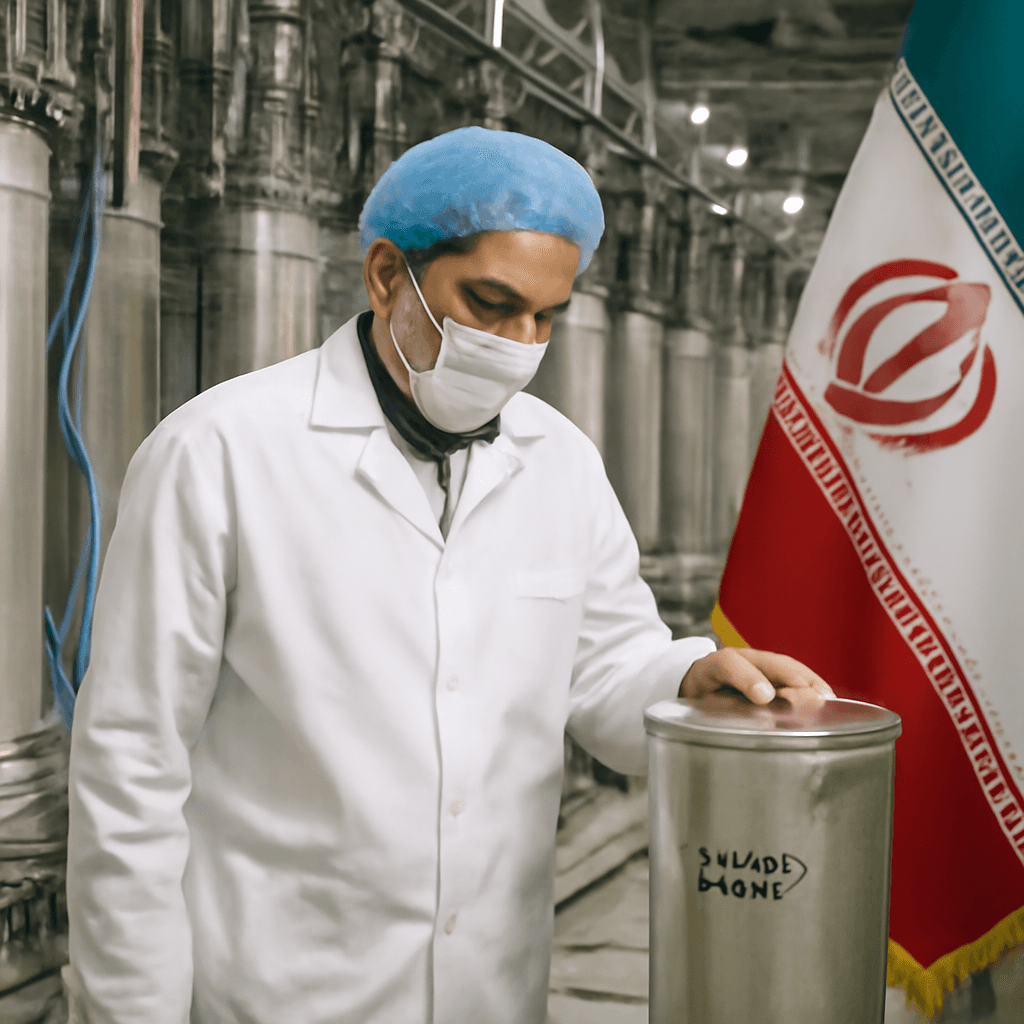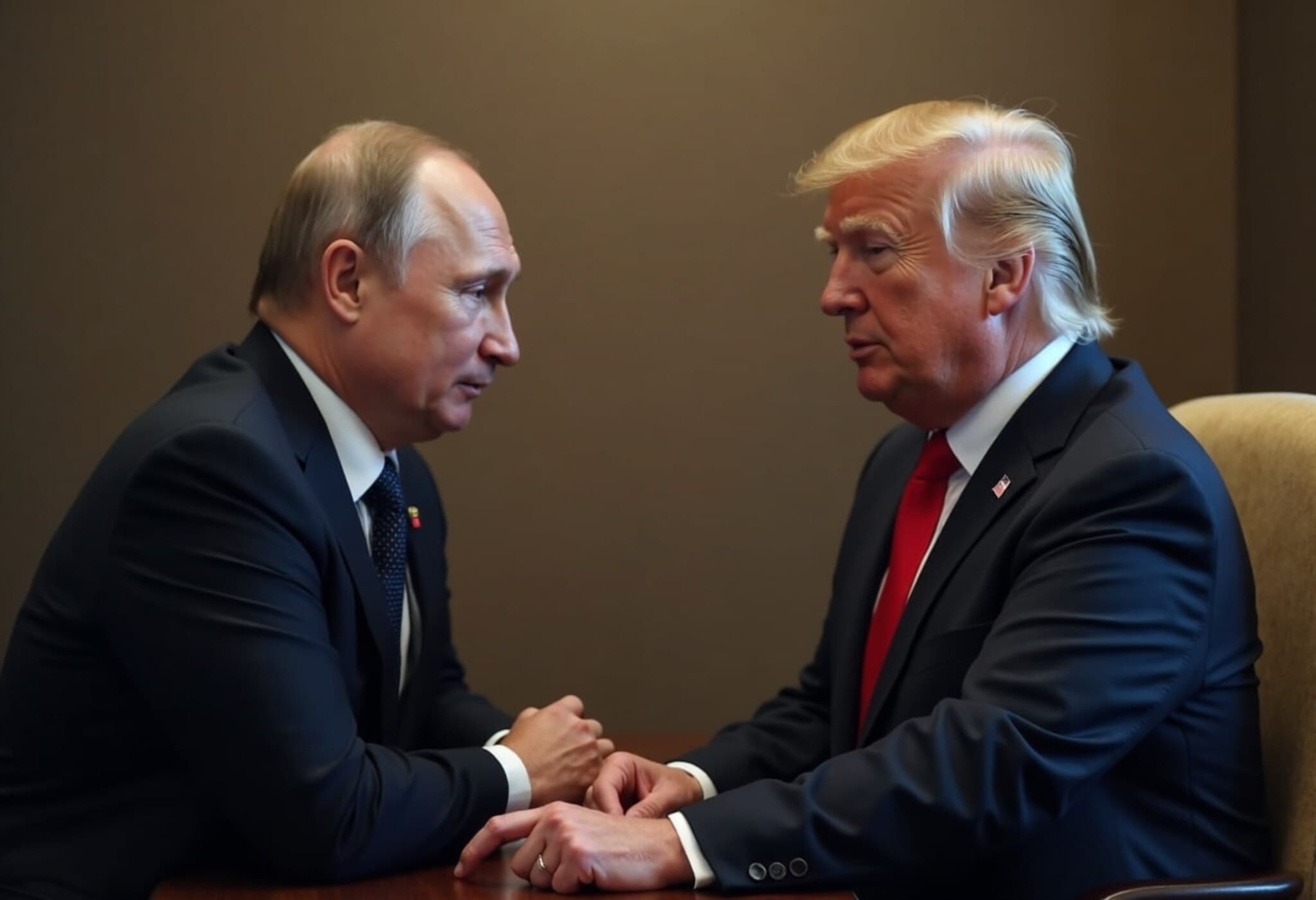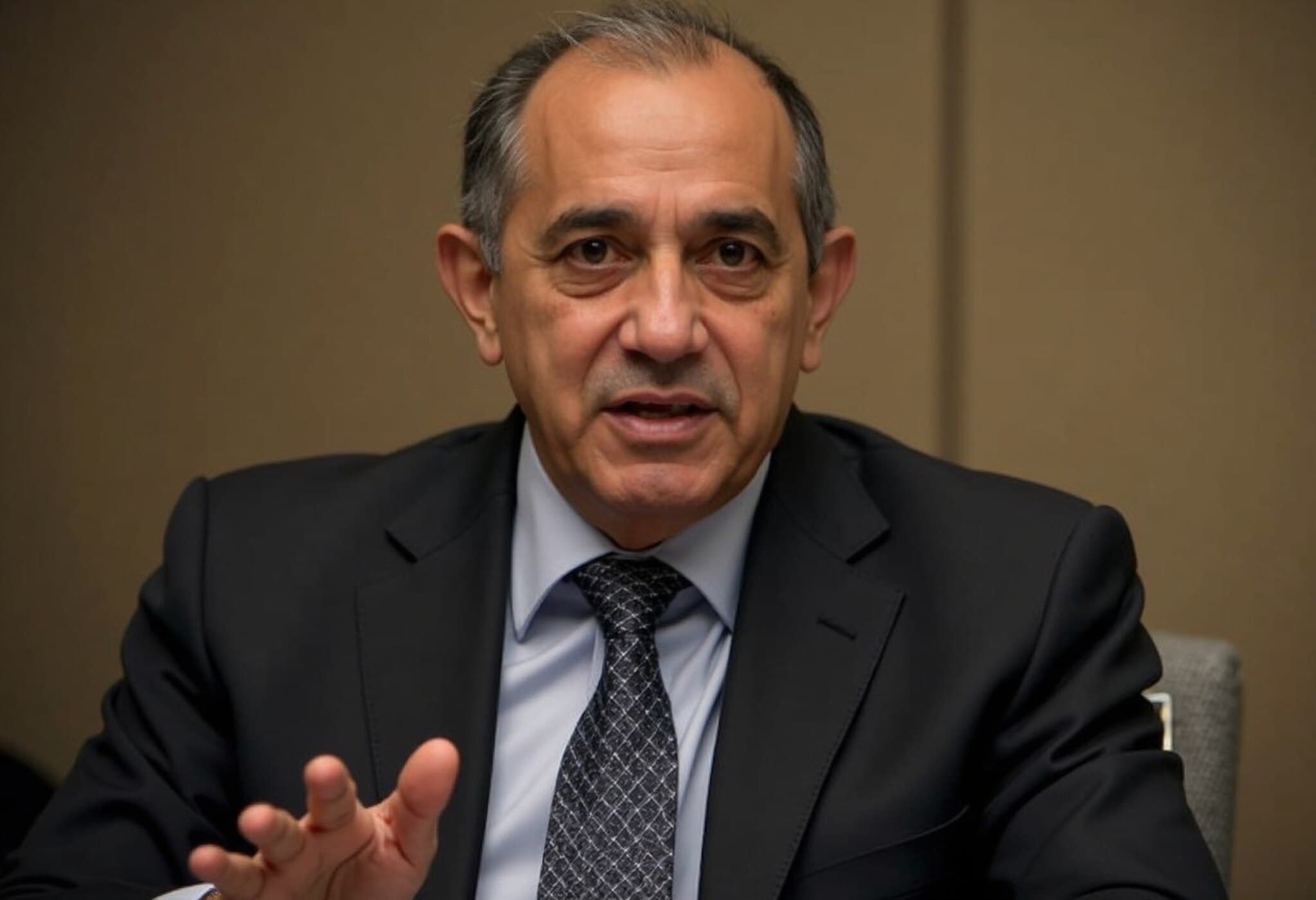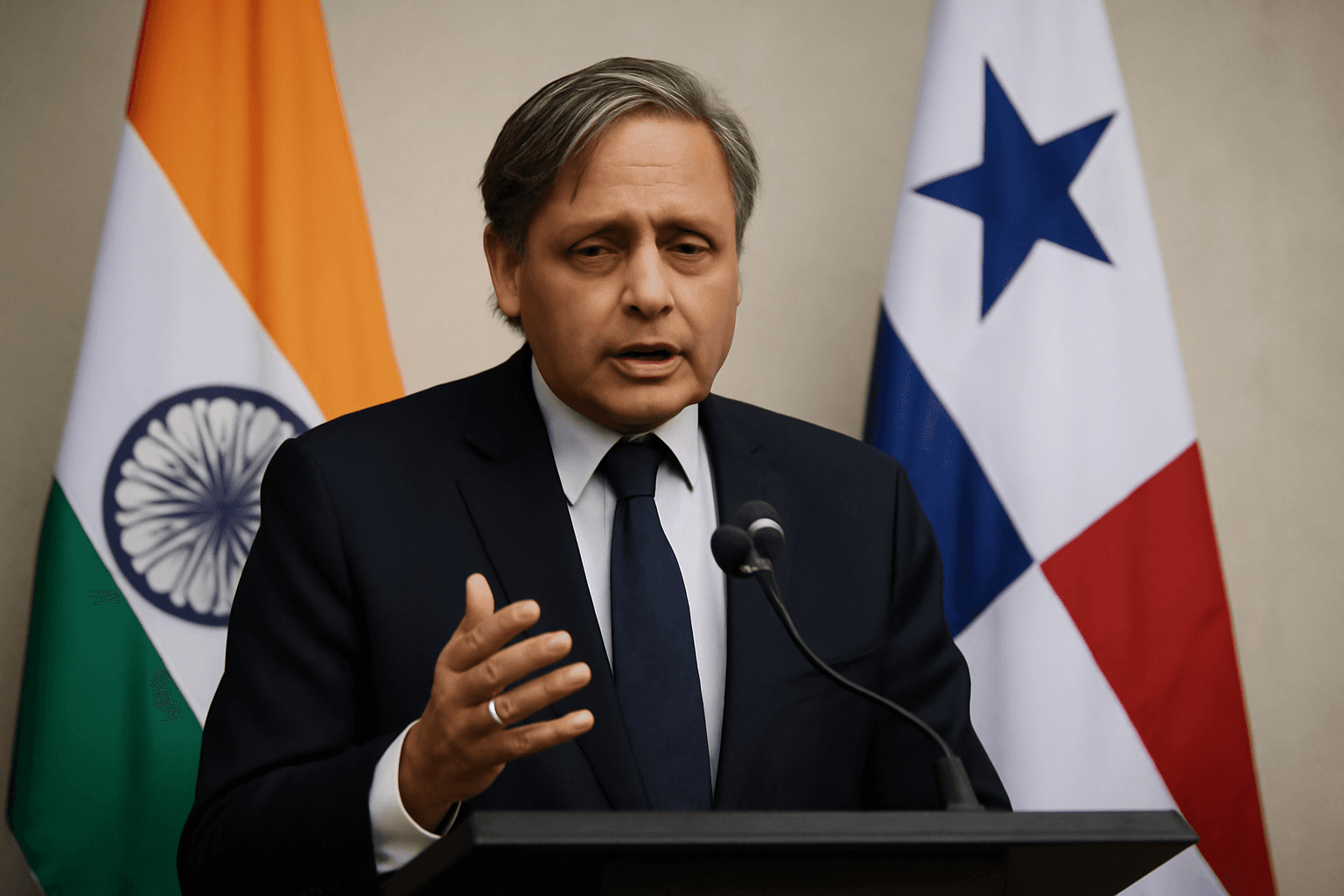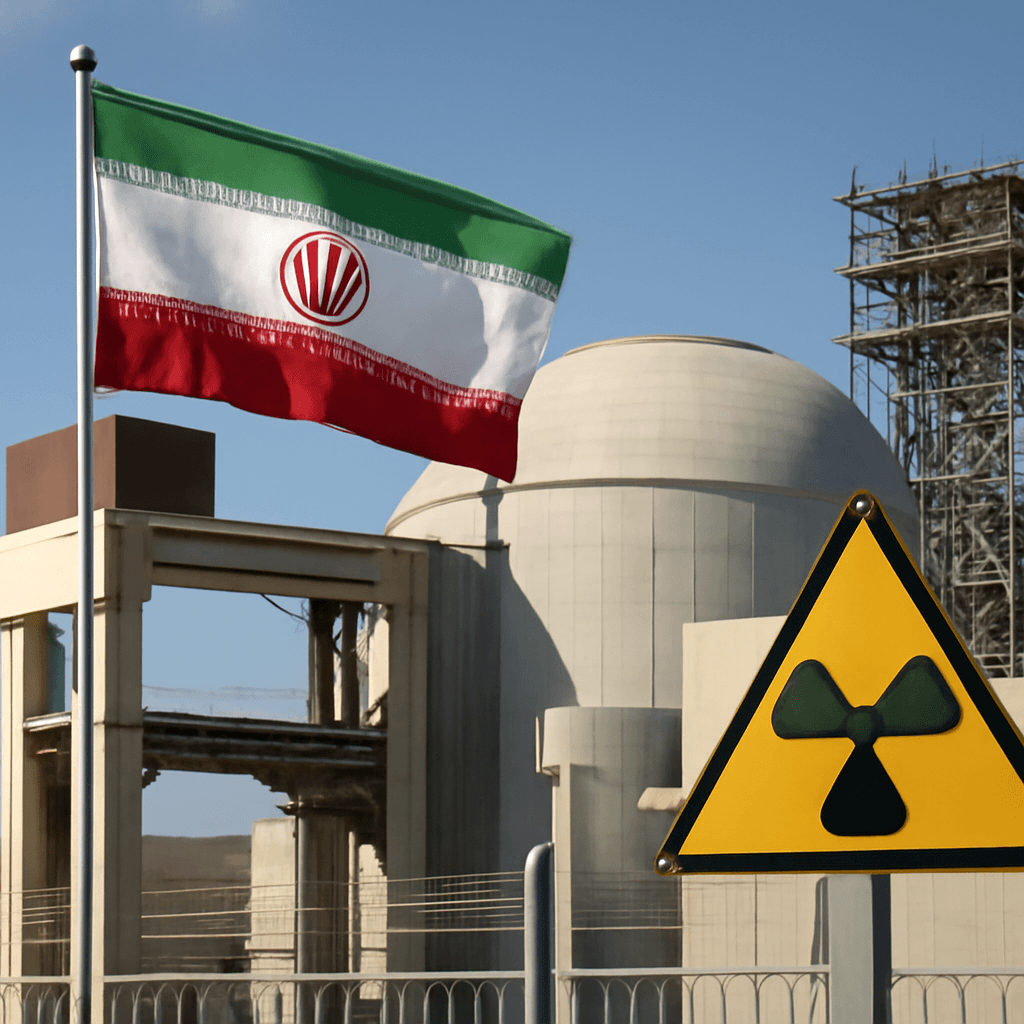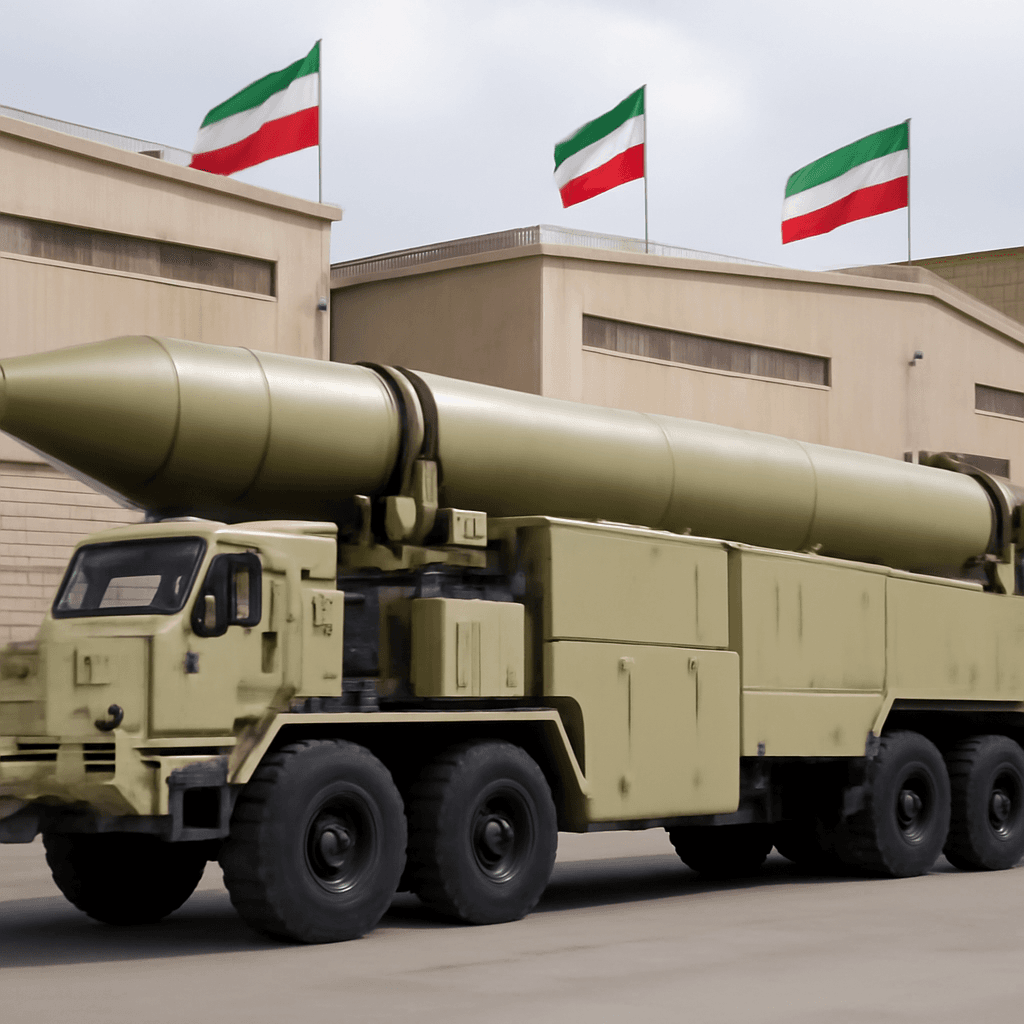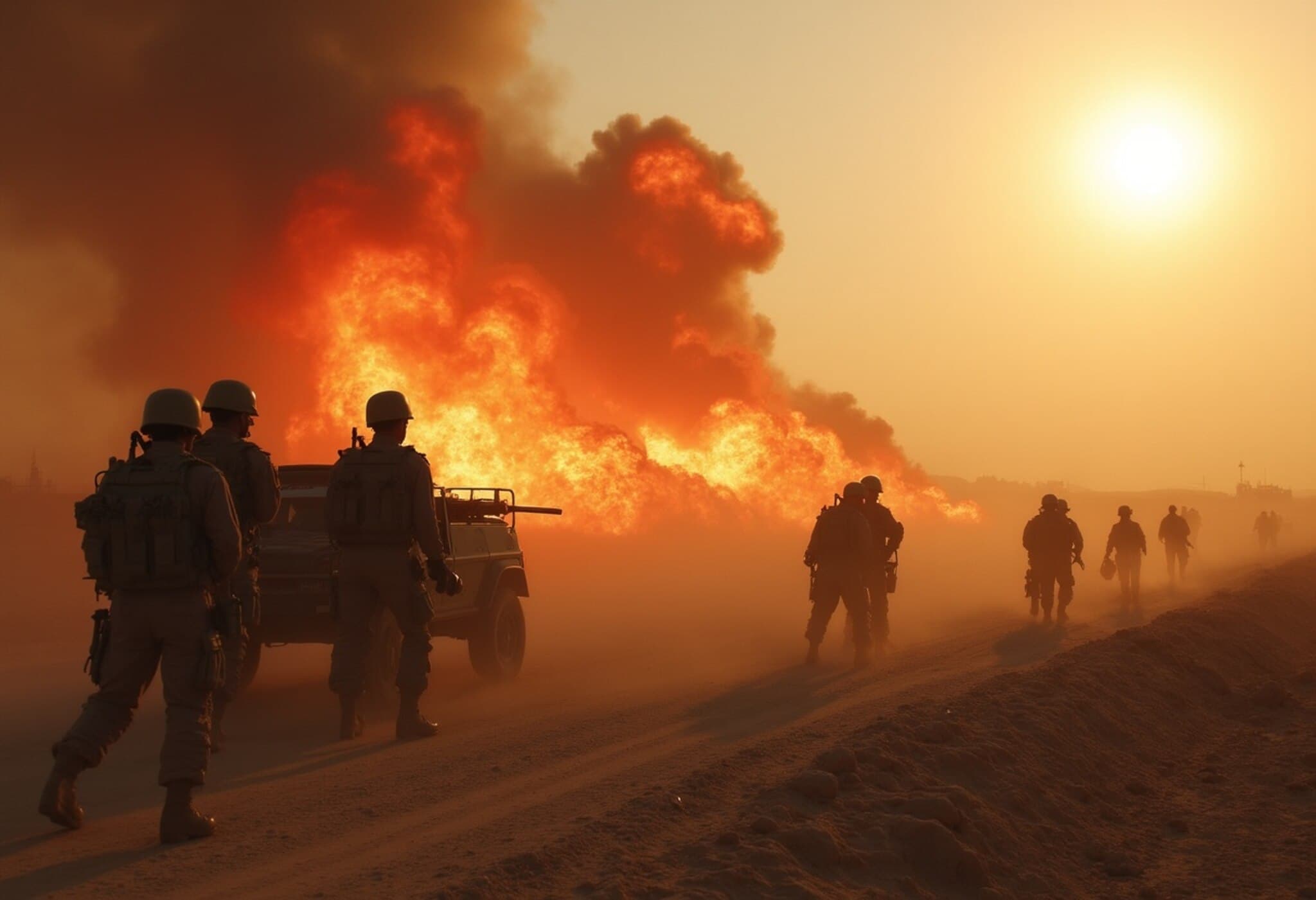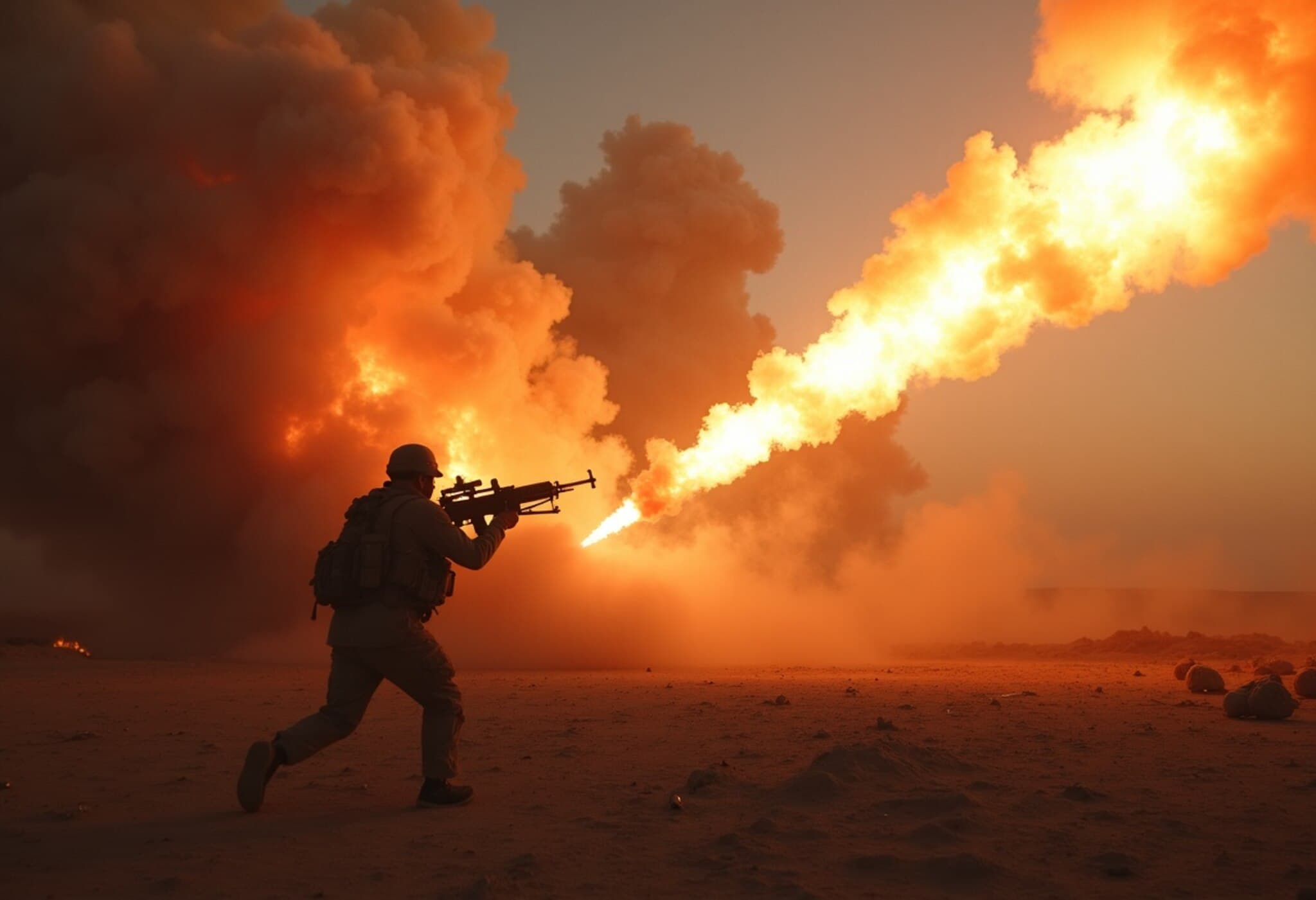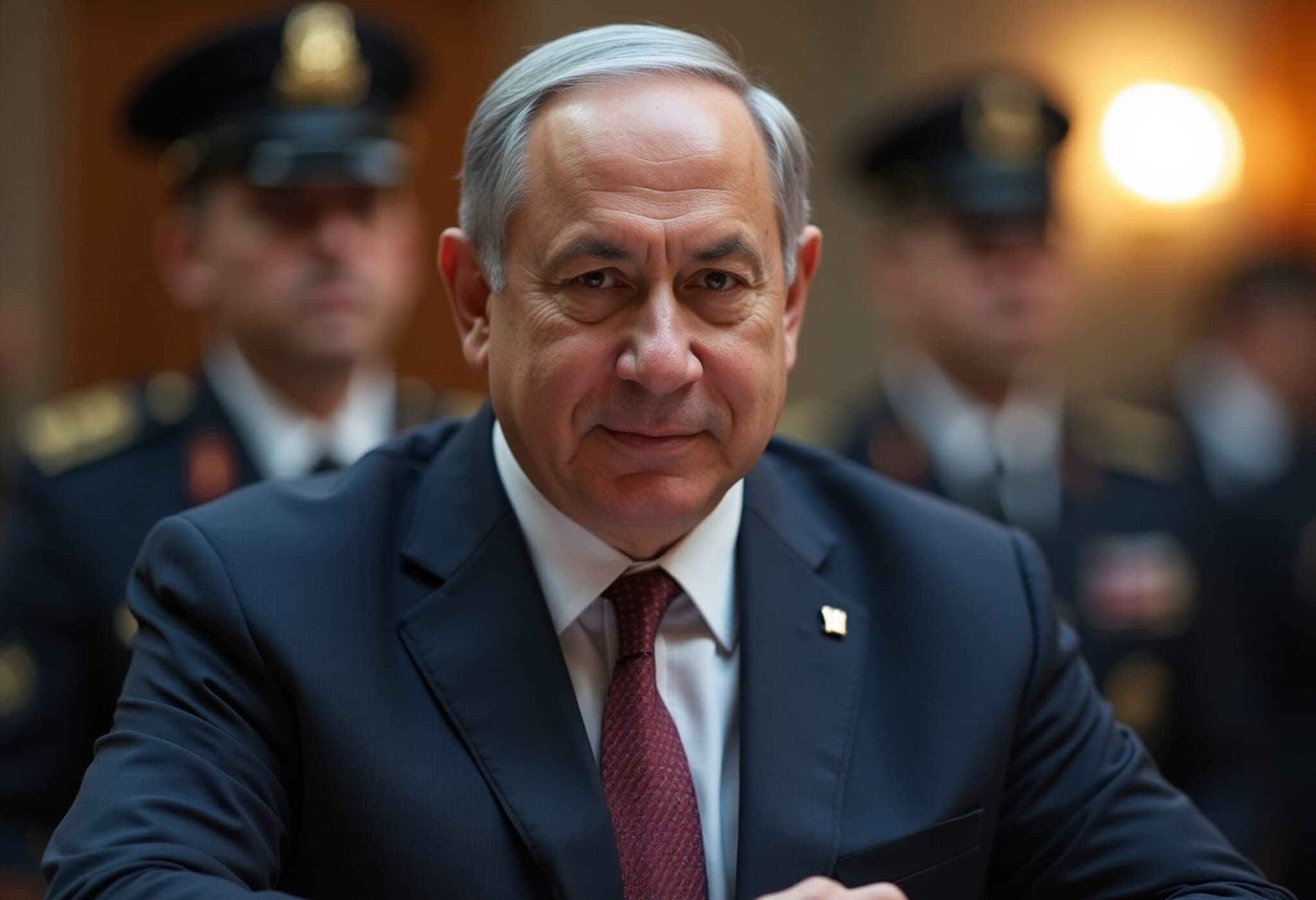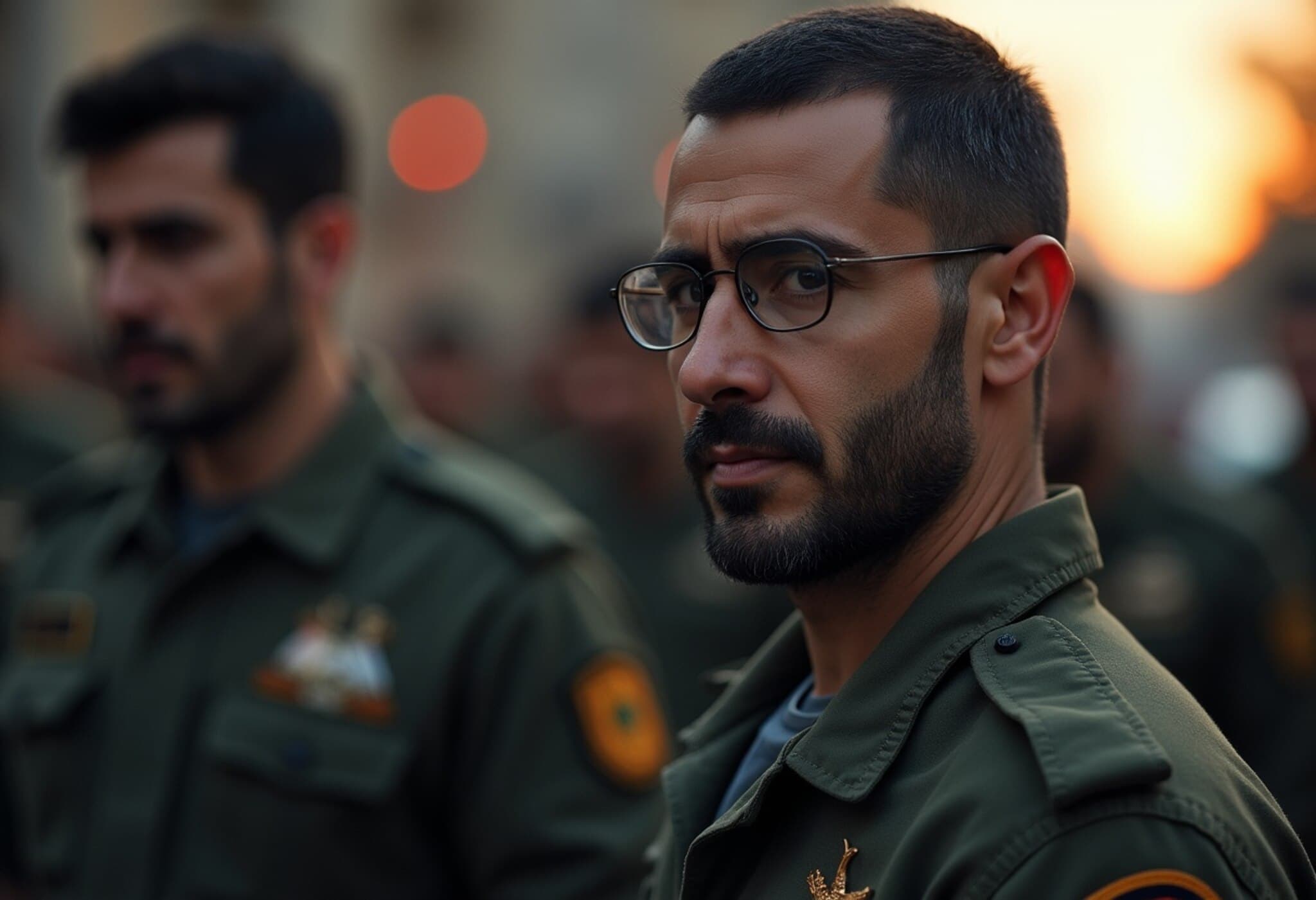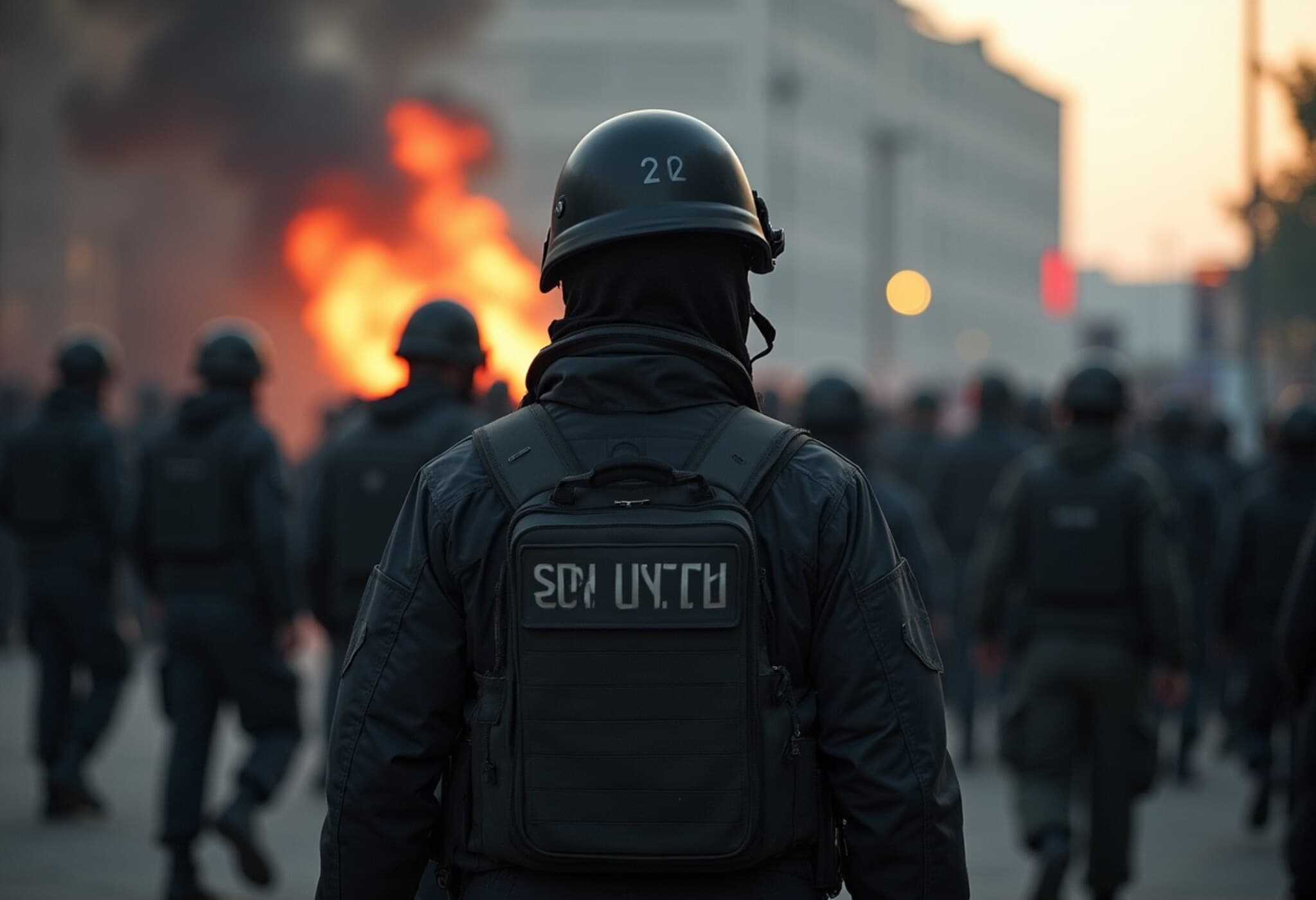UN Nuclear Watchdog Highlights Iran’s Increasing Weapons-Grade Uranium Stockpile
A confidential report by the United Nations’ nuclear watchdog reveals that Iran has substantially increased its uranium stockpile enriched close to weapons-grade levels, raising alarms amid ongoing diplomatic negotiations with the United States.
Significant Rise in Enriched Uranium Quantity
As of May 17, Iran's stockpile of uranium enriched up to 60 percent reached 408.6 kilograms, marking approximately a 50 percent increase from 274.8 kilograms recorded in February. Enrichment at 60 percent is a critical step near the 90 percent level necessary to produce nuclear weapons.
The International Atomic Energy Agency (IAEA) report expressed serious concern over Iran being the only non-nuclear-weapon state currently producing uranium at this enrichment level. According to the IAEA, roughly 42 kilograms of such enriched uranium is sufficient to manufacture one nuclear bomb, implying Iran's stockpile could theoretically produce around 10 nuclear weapons if further refined.
Context of US-Iran Negotiations
This development coincides with quiet discussions between Tehran and Washington aiming to revive a nuclear deal. Iranian officials maintain that their nuclear program is peaceful, while US intelligence assesses that Iran has not initiated a weapons program but is better positioned to develop nuclear weapons if it chooses.
IAEA Calls for Enhanced Cooperation
IAEA Director General emphasized the urgent need for Iran’s full cooperation with ongoing investigations into traces of uranium found at undeclared locations. A separate confidential 22-page report criticizes Iran’s cooperation as inadequate and highlights continued concerns over uranium particle detections at sites including Turquzabad, Varamin, and Marivan—linked historically to undeclared nuclear activities.
The Turquzabad site, described previously as a "clandestine nuclear warehouse," was denied by Iran but later confirmed by IAEA inspectors. Another site, Lavisan-Shian, demolished after 2003, remains under investigation despite never being inspected.
Implications for International Relations and Sanctions
The report may prompt European nations to consider reimposing snapback sanctions that were lifted under the 2015 nuclear deal, which is scheduled to expire in October. Iran has insisted that any agreement must include full sanctions relief and allow continued nuclear development.
Statements from Key Political Figures
- US President indicated he delayed military action against Iran to allow diplomatic efforts to proceed, expressing hope for a deal soon.
- Israeli leadership condemned Iran’s uranium enrichment as evidence of nuclear weapons ambitions, stating such levels are unjustifiable for civilian purposes.
- Iran’s Foreign Minister, concurrently the lead negotiator, reiterated Tehran’s opposition to nuclear weapons, confirming their stance against nuclear arms.
Summary
Iran's accumulation of highly enriched uranium continues to grow, intensifying global concerns amidst delicate nuclear negotiations. The IAEA urges transparency and cooperation, while geopolitical tensions remain high as the international community monitors developments closely.


